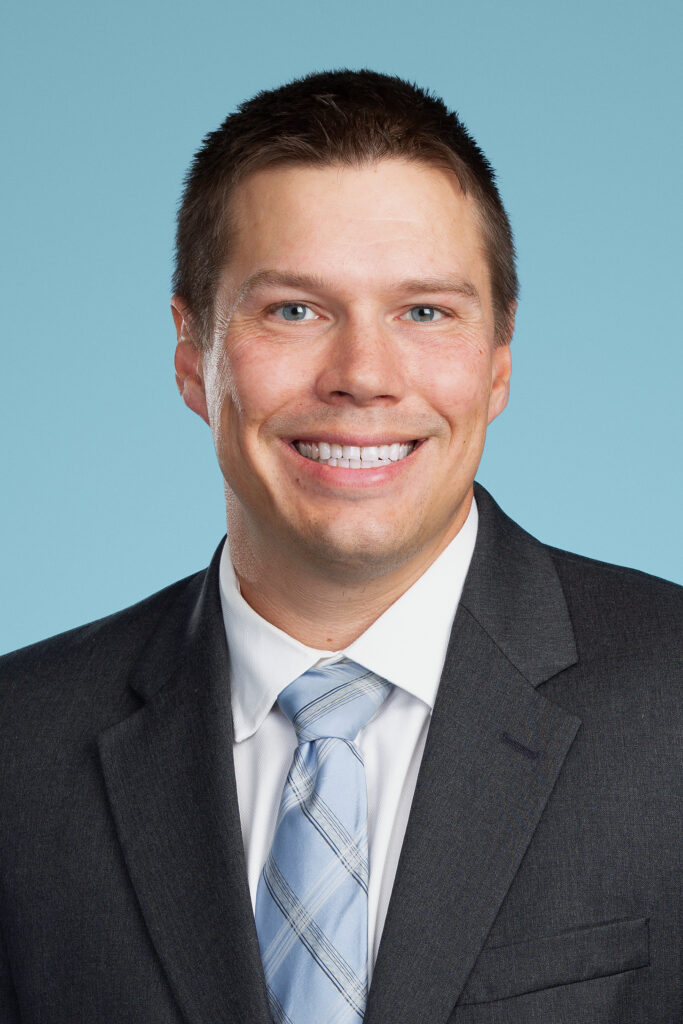As the most dramatic change to the U.S. patent system since the 1950s, the Leahy-Smith America Invents Act of 2011 left the intellectual property bar with lots to talk about and new acronyms to add to their vocabulary, like PTAB and IPR.
But a little-discussed effect of the AIA was that it caused the U.S. Patent and Trademark Office to begin pro bono partnerships across the nation so that underfunded inventors in all 50 states still had a shot at getting their inventions patented.
This led the USPTO to launch a new program in 2016 with Texas Accountants and Lawyers for the Arts, a nonprofit founded in Houston in 1979 to provide pro bono accounting and legal services to artists and small arts nonprofits under the belief that all individuals — regardless of economic status — should have access to business knowledge or advice to further a career in the creative industries. The 2016 partnership with the USPTO allowed TALA, now based in Austin, to extend those services to inventors.
Chad Hammerlind of Pillsbury Winthrop Shaw Pittman is an IP lawyer who is active in the program. So far, he’s helped eight pro bono clients with their patent applications for inventions, including an automated sanding table, a feminine underwear product and a textile-related pocket system.
“All of these inventors are just regular people and they don’t know what the process is,” Hammerlind said. “I want to try to help them as much as possible and encourage them to keep [working on their ideas] because that’s what drives innovation.”

Hammerlind secured the most recent patent in March for Dominique Mojay, founder and CEO of HazelAero, an electric aircraft design company focused on providing environment-friendly disaster relief aircraft. The patented technology will allow manned, electric aircraft to vertically take off and land (VTOL) on water surfaces, something Mojay says on the HazelAero website “has not been publicly attempted before in history.” She is currently developing the technology in Seoul, South Korea.
Hammerlind said that the patent application process can typically cost anywhere from $7,000 to $20,000, which doesn’t include any additional patent prosecution work that could easily add $5,000 to $10,000.
“To have a skilled patent attorney costs a lot of money, so with [the TALA] program, it really does bring in the opportunity to allow individuals that don’t have the means — usually in different demographic groups that are really underrepresented in the patent program.”
According to a 2023 study the USPTO submitted to Congress regarding its pro bono programs, women only make up 12 to 13 percent of patent owners in the U.S., while 43 percent of applicants to the patent pro bono program in 2022 were women.
The study did not include concrete numbers about the statistic makeup of U.S. patent holders who are people of color, but it’s fair to assume that figure is even lower than for women. But it does indicate that the program is reach more POC. According to the study, 35 percent of 2022 pro bono program applicants were Black, a five percentage point increase from 2021. Native Americans made up 1.6 percent of 2022 applicants (up from 1.5 percent in 2021). It also reached more veterans; 7.9 percent applied in 2022 (up from 5.2 percent in 2020).
“It’s usually wealthy individuals and corporations that can afford getting a patent, so this program helps some other individuals build wealth and get the chance to build some assets,” Hammerlind said.
When asked if more patent lawyers should step up and help inventors pro bono, Hammerlind said yes. He encourages IP lawyers in Texas to check out TALA.
“The process is very simple — it’s just getting on a mailing list and maybe filling out a short questionnaire,” he said. “If lawyers can commit to one [patent] application a year … if everyone just chipped in a little, it would help out [more] individuals.”
